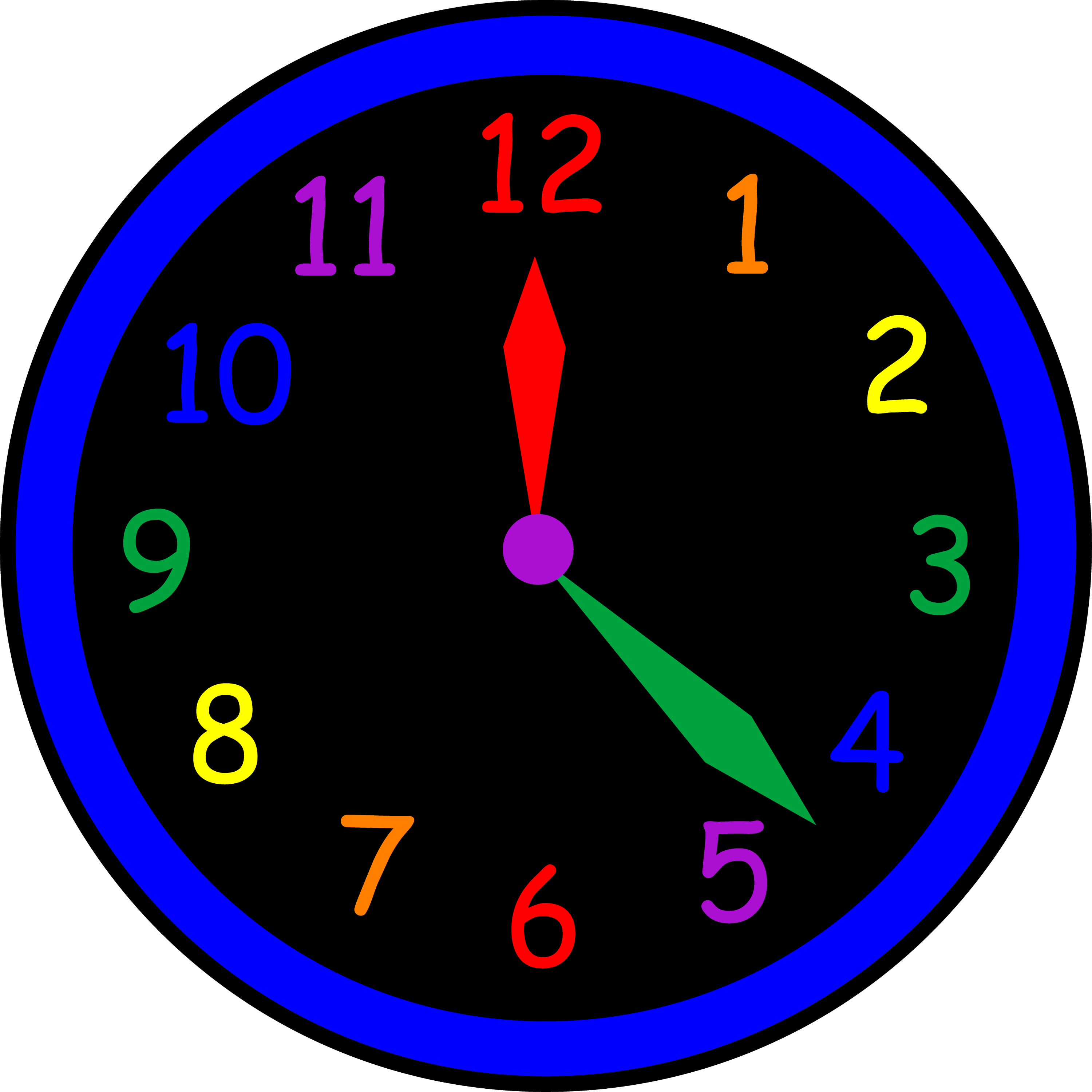Jan 23, 2013
Where is the Emes?
What can we do about truthfulness when it comes to timing?
I spent time today, talking with someone about an event, the speakers, the performer, and above all else - the timing. What time should the event start? How much time should the speakers be allowed to speak? What time should they aim to end the event?
The main problem is that when a time is stated on an invitation or orally, people will most often not show up at that time. Why? Because they want to arrive when things are underway, not just beginning. They don't want to sit around. And in their experience, if an event is called for 8:00, nothing will be happening before 8:30.
People who have tried showing up at a wedding reception for the time stated on the invitation have found that they have the waiters to talk to, no guests and no wedding party. So those who don't want to waste their time hanging around, add a half an hour, an hour, or more, depending on the event.
In my recent experience, the times stated for the chuppa have been fairly accurate, so I don't see weddings as the major problem here. If you can't or don't want to stay from the beginning to the end of a wedding, you choose the event (badeken, chuppa, meal, simchas chosson v'kalla) you want to attend and show up for that.
Also in my experience, if the event is a shiur, it is likely to start 15 minutes after the stated time. The clue is, the shiur is called for 8:15. That means, they want to start the actual shiur at 8:30 but want people to have a chance to settle down, eat, socialize a bit.
The problem lies mostly with events which are combinations of guest speakers and entertainment, maybe an auction drawing too. What happens is, those running it don't want to start until they have a decent crowd. The decent crowd appears late. Those who showed up on time or only moderately late (having known that of course they won't start on time) are kept waiting. So those who are on time are penalized, i.e. made to wait, and the late-comers are the ones who are accommodated.
We have role models of what we may consider "extreme" emes such as when Rabbi Yaakov Kamenetzky said he did not eat gebrokst (when that was his practice up until that time) in order to get out of a sticky situation on Pesach. Not only did he not eat gebrokst that Pesach, but he kept up this practice from then on. Why? Because if he said he did not eat gebrokst, he meant it.
If he was running an event, or guiding those who were, I can guess what he would say to do. The problem is, nobody wants to be the first. It can ruin my event if I actually start at the designated time, so I'd rather someone else be the one to start being punctual ...
Perhaps the only solution is to write, "Doors Open" at whatever time you choose. Open the doors then, so you were truthful, and then give no further times. People will show up "whenever," and you start your program when you want to.
Subscribe to:
Post Comments (Atom)




No comments:
Post a Comment